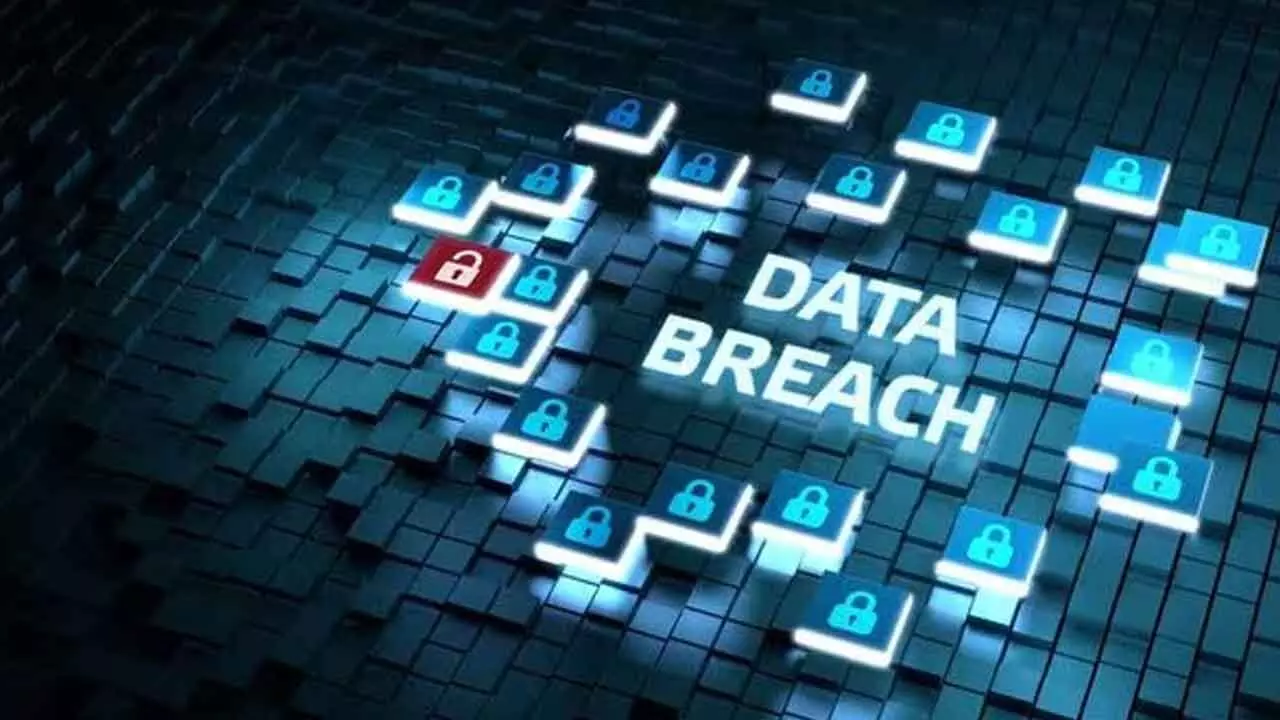16 Billion Passwords Exposed: A Wake-Up Call for Global Digital Security
Over 16 billion passwords exposed in an unprecedented cyber leak of 2025. Learn what happened, its implications, and crucial steps to protect your digital identity now.
16 Billion Passwords Exposed: A Wake-Up Call for Global Digital Security

The digital world is reeling from a truly staggering revelation: a new report confirms what cybersecurity experts are calling one of the most significant password leaks in internet history. With over 16 billion login credentials now exposed and circulating online, the scale of this breach is unprecedented, raising immediate and severe concerns for digital security worldwide.
The alarming discovery, brought to light by investigations from Cybernews and Forbes, reveals a trove of 16 billion stolen usernames and passwords. This isn't just old data repackaged; researchers emphasize that these credentials are fresh, highly structured, and actively being put up for sale, making them a potent weapon in the hands of malicious actors.
A Blueprint for Mass Exploitation
More than just a leak, this is being described as a "blueprint for mass exploitation." Experts warn that if these compromised credentials are not addressed swiftly, the consequences could be dire, leading to a surge in phishing attacks, rampant identity theft, and widespread account takeovers across the globe. Imagine your email, social media, banking, or even government service accounts being accessed by criminals – the potential for harm is immense.
What makes this breach particularly insidious is its origin: infostealer malware. This sophisticated malicious software silently infiltrates computers, siphoning off sensitive data like login credentials, browser histories, and more, often without the user's knowledge. The stolen data, meticulously organized by URLs, usernames, and passwords, provides a direct pathway to virtually any online service you can think of – from your Apple or Google accounts to Facebook, GitHub, Telegram, and even critical government portals.
The Fallout and Urgent Call to Action
In our increasingly interconnected world, a compromised password can have a domino effect, jeopardizing nearly every aspect of our digital lives. The ramifications are so significant that major tech players are already reacting. Google is actively advising its billions of users to transition to more secure "passkeys," a modern authentication method designed to replace traditional passwords. Similarly, the FBI is issuing stark warnings against clicking on suspicious links in SMS messages, recognizing these as common vectors for exploiting leaked credentials. The dark reality is that these stolen passwords are now readily available on the dark web, purchasable by anyone with even a modest sum.
According to Vilius Petkauskas at Cybernews, the investigation has uncovered 30 exposed datasets, each containing millions, and some even billions, of records, culminating in the shocking 16 billion total. These aren't remnants of old, forgotten breaches; they represent "new, weaponizable intelligence at scale," primed for immediate use in phishing and account takeover attempts.
How to Fortify Your Digital Defenses
Given the broad and immediate implications of this colossal leak, cybersecurity experts are urging everyone to take immediate and decisive action. Your digital safety hinges on proactive measures:
Embrace Password Managers: Invest in and consistently use reputable password management software. These tools generate strong, unique passwords for each of your accounts and store them securely, meaning you only need to remember one master password.
Activate Multi-Factor Authentication (MFA): Whenever possible, enable multi-factor authentication. This adds an essential layer of security, requiring a second form of verification (like a code from your phone or a biometric scan) in addition to your password, making it far harder for criminals to gain access even if they have your password.
Stay Vigilant: Be hyper-aware of phishing attempts. Scammers will undoubtedly leverage this leaked data to craft highly convincing phishing emails and SMS messages. Always scrutinize links and sender identities before clicking or providing any information.
Consider Passkeys: Where supported, transition to passkeys. These are a revolutionary step forward in authentication, offering a more secure and user-friendly alternative to passwords that are inherently resistant to phishing.
Utilize Dark Web Monitoring: Consider subscribing to dark web monitoring services. These tools scan the illicit corners of the internet for your personal information, alerting you if your credentials appear in a new data dump.
Change Passwords Immediately: If you suspect any of your accounts might be compromised, change those passwords immediately. Do not reuse passwords across multiple sites.
The sheer volume and freshness of this data underscore the critical importance of robust cybersecurity practices for both individuals and organizations. It's a stark reminder that in the digital age, vigilance is not just recommended, it's absolutely essential.
FAQs
Q: How does this breach differ from previous leaks?
A: A significant portion of the 16 billion exposed credentials are newly reported and highly structured, making them readily exploitable for phishing, fraud, and account hijacking. This isn't merely recycled data from older breaches.
Q: What should I do if I believe I have been affected?
A: Act swiftly! Change all your passwords immediately, use a reliable password manager, and enable multi-factor authentication on all your accounts. Explore switching to passkeys for enhanced security where available, and consider dark web monitoring tools to receive alerts if your information surfaces again.
Q: Where did the leaked credentials originate?
A: The compromised credentials appear to stem primarily from infostealer malware logs, as well as credential stuffing lists and repackaged breaches. These malware programs covertly collect user credentials from infected devices and upload them, often to unsecured servers or databases, making them ripe for sale on the dark web

